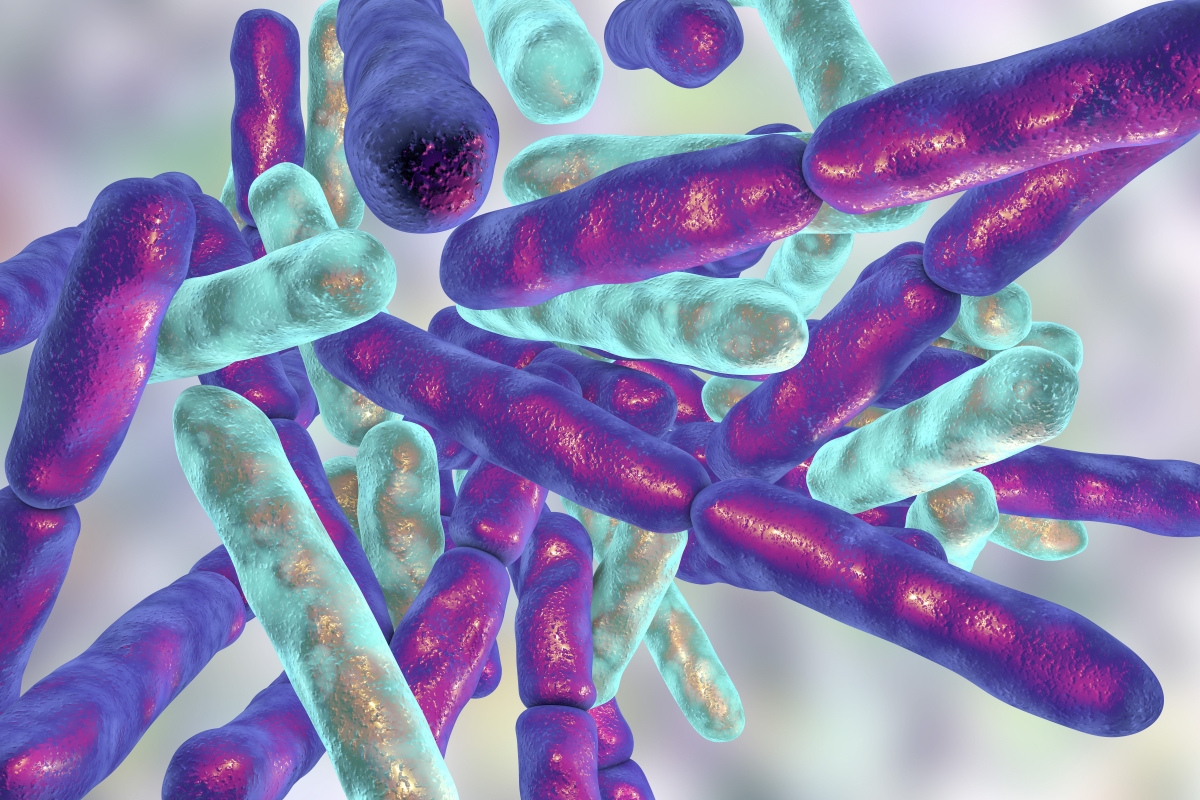Effects of probiotics on depressive or anxiety variables in healthy participants under stress conditions or with a depressive or anxiety diagnosis: A meta-analysis of randomized controlled trials
Probiotics have been linked to the management of anxiety and depression, and have been used on individuals with a range of emotional states, but no meta-analysis has explicitly mentioned this. As a result, the findings that have been published in the literature have been uneven. In this meta-analysis by Chao et al. (2020), the authors looked at how well probiotics worked to treat nervous or depressive symptoms in people who were under stress or had been diagnosed with a depressive or anxiety illness. Through December 2019, Medline, PubMed, EMBASE, and the Cochrane Library were examined for randomized controlled studies (RCTs) that met the following criteria: Probiotic RCTs for individuals with a diagnosis of a mood disorder or mental illness or in stressful circumstances were the primary selection criteria, and all subjects had to be adults (minimum age16 years). Depression and anxiety ratings were the main results. Finally, three low-quality studies and seven high-quality studies were identified using the modified Jadad evaluation measure, culminating in the incorporation of ten clinical studies (n = 685 total participants). Analysis of the included studies revealed that probiotics can substantially lower the depression scale for patients with anxiety and depression as well as healthy individuals who are under stress, according to the meta-analysis. Even though the patients were stressed-out healthy volunteers or worried or depressive patients, there was no discernible difference between the probiotics and placebo groups in the decrease of patient anxiety ratings. Further subgroup analysis revealed that probiotics had a substantial impact on depressive symptoms only in patients with depression. However, there was no significant difference in patients’ anxiety levels, and there was no gain in participant behavior under duress. The authors conclude that probiotics may be adjunct treatments for mood or emotional disorders because they have been shown to reduce depressive symptoms in patients with a diagnosis of depression or depression scores in an anxiety disorder diagnosis. The authors highlight that probiotics must therefore be used more frequently in the therapy of depressed people in the future. Probiotics are effective in treating depression, but more high-quality research on depressed individuals is still required. [NPID: Probiotics, depression, anxiety, under stress, meta-analysis]
Year: 2020
 Navigation
Navigation






